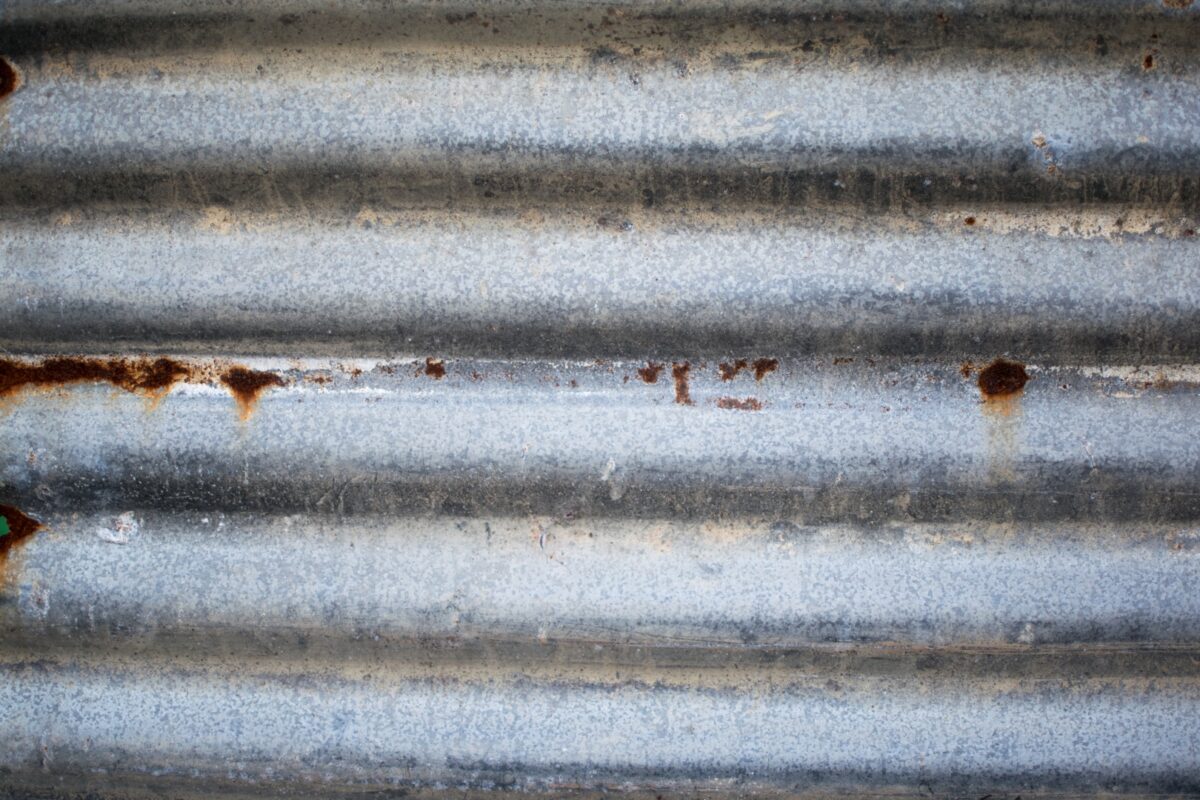Science Behind Corrosion Resistance: Factors and Mechanisms

Posted on July 21, 2023 by Brent Phillips
In today’s world, where materials get constantly exposed to harsh environments, corrosion resistance has become a crucial factor to consider. It determines the ability of a material to withstand the damaging effects of oxidation or chemical reactions. By choosing corrosion-resistant materials, you can ensure longevity and durability for your products, even in challenging conditions.
Many industries and applications are greatly concerned about minimizing operating losses, ensuring structural integrity, and prolonging the lifespan of different materials. It’s a problematic issue that is very important because it affects how well businesses in various industries work and make money.
Structures that are in a corrosive fail state can lead to significant financial losses through:
- Repair or Replacement Costs
- Decreased Productivity or Downtime
- Safety Hazards
By investing in corrosion-resistant materials and protective coatings, industries can avoid these issues and ensure long-term durability. Protective coatings can improve the strength and lifespan of steel, concrete, and other surfaces by using these methods.
- Epoxy and Polyurethane Paints
- Galvanization Processes
- Cathodic Protection Systems
- Inhibitors to Slow the Corrosive Process
Recognizing the importance of corrosion resistance is crucial for effectively addressing the harmful impacts of corrosion. By doing so, you can safeguard the durability and dependability of structures and products, extending their lifespan and minimizing potential risks.
Factors Affecting Corrosion Resistance
Corrosion resistance is a critical factor when selecting materials for various applications. Understanding the factors that affect corrosion can help businesses and municipalities make informed decisions to prevent or minimize the damaging effects of corrosive agents.
One primary factor affecting corrosion is the environment in which the material gets exposed. Corrosive environments often include high humidity, saltwater, or acidic conditions, which can accelerate deterioration.
Moisture plays a crucial role in the corrosion process by promoting electrochemical reactions between metals and corrosive substances. Recognizing the impact of moisture is essential for understanding and addressing the underlying causes associated with corrosion.
Substrate Composition
Material composition plays a vital role in determining the susceptibility to corrosion. Different metals and alloys have varying levels of resistance to corrosive attacks.
For example, stainless steel contains chromium, which forms a protective layer on its surface and enhances its resistance against rust. But since stainless steel is more expensive than steel, it’s all the more reason for understanding the effects of corrosion.
For instance, did you know that pH levels also influence corrosion? Highly acidic or alkaline environments can increase the decay rate by promoting chemical reactions that degrade the material’s surface.
Temperature is another crucial factor affecting corrosion. Higher temperatures often accelerate chemical reactions and increase the likelihood of material degradation.
However, it’s important to note that not all factors contribute solely to accelerated corrosion. Some elements can inhibit or slow down the process. Protective layers or coatings applied on surfaces are a barrier against corrosive agents and enhance overall corrosion protection.
Extending the Life and Durability of Material Substrates
In conclusion, the science of corrosion resistance plays a crucial role in ensuring the longevity and durability of materials. Corrosion can be a significant headache for businesses and municipalities, leading to decreased productivity and increased operating costs.
However, there is a solution: corrosion-resistant coatings and effective prevention techniques. By investing in these measures, businesses can ensure their equipment and infrastructure get protected against corrosion. Not only by extending the lifespan of assets but also reduces maintenance expenses in the long run.
Moreover, implementing corrosion prevention techniques helps to maintain productivity levels by minimizing downtime caused by equipment failures. That translates into uninterrupted operations and ultimately saves businesses valuable time and money.
In addition to the economic benefits, utilizing corrosion-resistant coatings demonstrates a commitment to sustainability. Businesses can decrease their environmental footprint by reducing the need for repeated repairs or replacements due to corrosion damage.
Incorporating corrosion-resistant coatings and effective prevention techniques is a wise investment for any business or municipality looking to enhance productivity while saving on operating costs. It’s a win-win situation that brings long-term benefits both financially and environmentally.
To obtain a protective coating bid, contact the team at Cunningham Inc. today at (620) 848-3030.